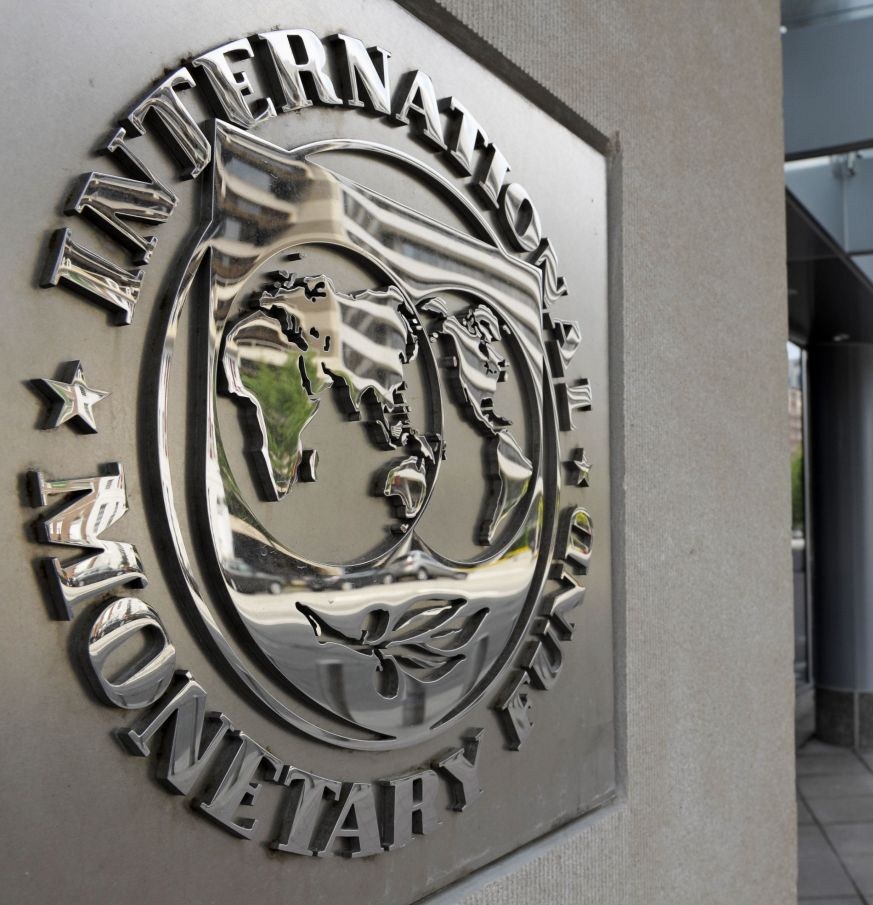The International Monetary Fund (IMF) has noted in one of its most recent analysis that Guyana’s residential real estate prices have been rising, particularly in the capital city, Georgetown, following the discovery of oil in 2015. In line with the growing demand for housing, the financial institution said that commercial banks’ housing loans have increased, prompting higher household debt.
In its 2020 assessment called, “Guyana: Housing Market and Implications for Macroprudential Policies”, the Fund specifically said that anecdotal evidence and private sector surveys highlight a sharp increase in residential real estate prices in Georgetown, with the ratios of price-to-rent and price-to-income surpassing neighboring countries in mid-2019.
At the same time, it said that commercial banks’ private dwellings mortgage lending has increased, growing by an average annual rate of 7.7 percent from 2014-2018. As a result, it said that household indebtedness is on the rise with exposure to mortgage debt in Georgetown accounting for around 350 percent of income in mid-2019, nearly double compared to other major cities in neighboring countries.
The Fund was keen to note that it would be in Guyana’s interests for the authorities to implement measures that would help safeguard financial and macroeconomic stability. It said that these could include strengthening the monitoring of the housing market, bank lending practices and household debt, as well as fortifying the macro-prudential framework, including with more effective toolkits for early intervention.













